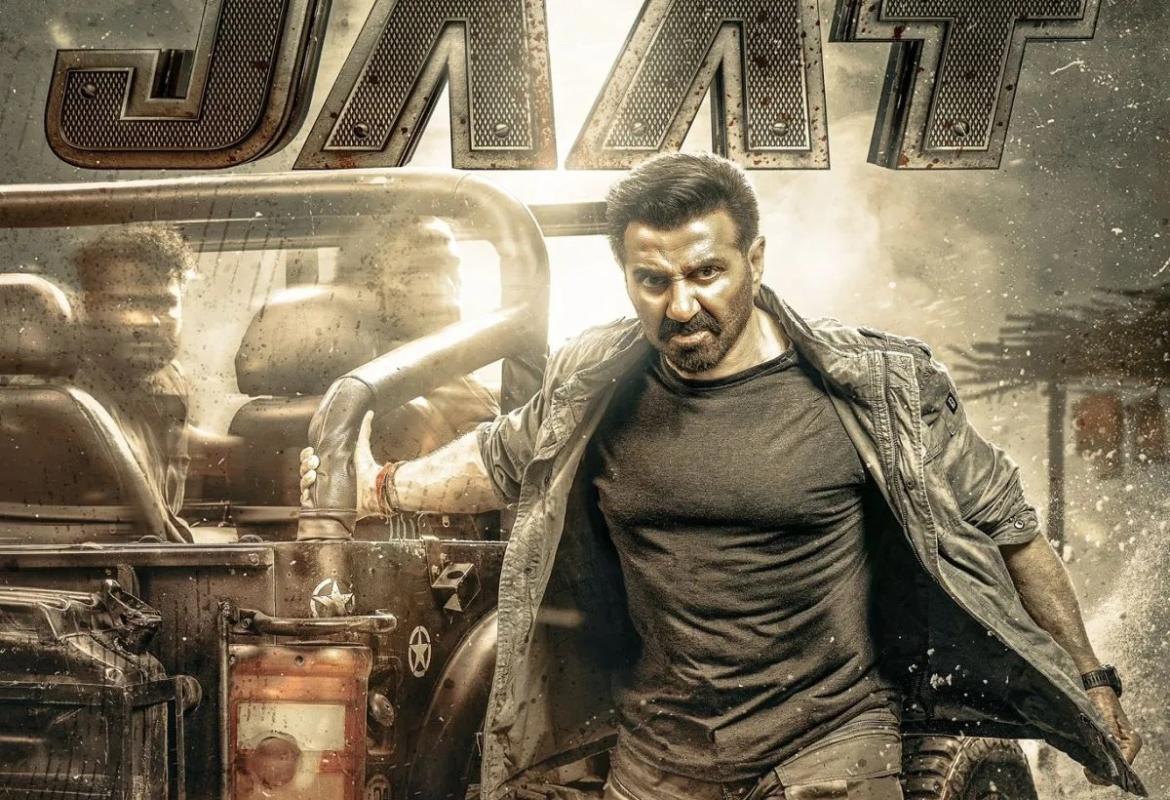Sri Lanka’s killing fields are ‘beyond the boundary’
See the full piece here. Extracts have been reproduced below.
"The reality is somewhat different and in truth, there is probably no worse or more dangerous time for an England team to travel to this troubled and divided nation."
"The case to cancel the tour is augmented in the light of Jon Snow’s ‘Sri Lanka’s Killing Fields’"
"Despite being faced with the ‘evidence’ in this video, authenticated by the UN, the Sri Lankan Government has dismissed the tapes as fabricated and refuses to initiate a proper investigation or take any action against the accused soldiers."
"But neither the international community nor the International Cricket Council should accept this position... An England cricket team should not tour a country where the Government stands accused of such appalling atrocities and refuses to investigate them."
"Apologists for apartheid claimed then that politics and sport were completely separate, and that the internal politics of South Africa were nothing to do with cricket. Nelson Mandela being imprisoned for 27 years because for the colour of his skin was not for some, a reason to isolate South Africa from international cricket."
"Fast forward forty years and there are few people who will argue that Mike Gatting, Graham Gooch and their rebel tours helped the cause. Likewise those who condone apartheid today are silent, dangerous and very few in number."
"In the light of this international condemnation, it would be naive and provocative at the very least, for Andrew Strauss or anyone else to lead an England team to play tests in Colombo and Galle. With perhaps as many as six of the possible England team being South African born, the politics and sport arguments will be familiar to them."

